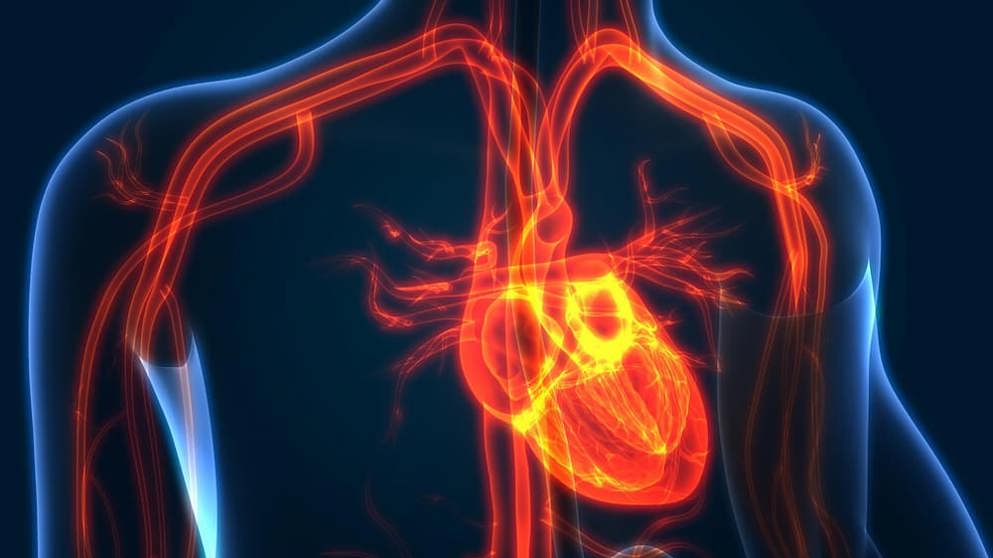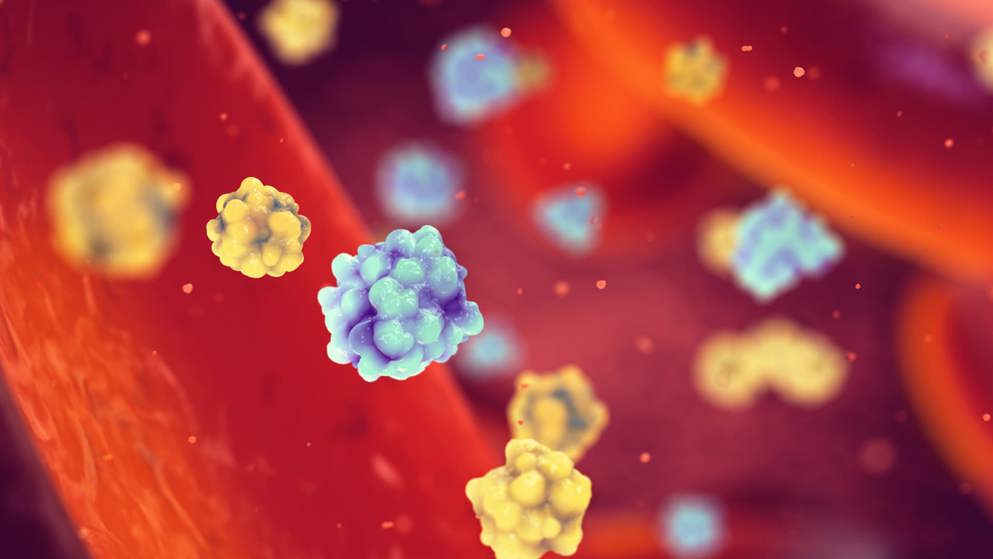
Diabetes
Diabetes affects over 589 million people globally and caused 3.4 million deaths in 2024. Its rising prevalence is linked to increasing obesity rates over recent decades.
Diabetes is a group of metabolic diseases characterized by elevated blood glucose levels resulting from impaired insulin production, insulin sensitivity, or both. The types of diabetes include:
- Type 1 diabetes (T1D), an autoimmune condition in which the pancreas produces little or no insulin
- Type 2 diabetes (T2D) – the most common form – develops when the body becomes resistant to insulin or when the pancreas fails to produce enough
- Gestational diabetes occurs during pregnancy and is associated with an increased risk of developing T2D later in life
- Monogenic diabetes is caused by the defective function or development of pancreatic islets, most commonly because of mutations in the GCK or HNF1A genes
How is diabetes diagnosed?
Diabetes is diagnosed using blood glucose criteria, including fasting plasma glucose ≥126 mg/dL, 2-hour plasma glucose ≥200 mg/dL during an oral glucose tolerance test, HbA1c ≥6.5%, or a random plasma glucose ≥200 mg/dL. Islet autoantibodies and C-peptide testing can help differentiate subtypes.
How is diabetes managed?
T1D requires lifelong insulin therapy. T2D may involve lifestyle modifications, oral medications, non-insulin injectables, insulin, or metabolic surgery. Gestational diabetes typically requires lifestyle modifications, but some patients may require medication. Monogenic diabetes management depends on the affected gene; some subtypes respond well to sulfonylureas, whereas others require insulin.
What are the long-term complications of diabetes?
Diabetes can have a multi-system impact, with complications including cardiovascular disease, kidney damage, retinopathy, and neuropathy, which may lead to foot ulcers and, in severe cases, amputation.
How is technology advancing diabetes care?
Continuous glucose monitors, insulin pumps, and automated insulin delivery systems improve glycemic control, reduce hypoglycemia, and can reduce management burden for people with diabetes.
Developed by EPG Health for Medthority, independently of any sponsor.
How can periodontitis care affect chronic disease?
Read about the connection between oral health and overall health.
Related news and insights
Guidelines
Browse older resources
Cardiovascular Metabolism Learning Zone
The cardiovascular metabolism (CVM) Learning Zone hosted on Medthority.com features over 70 expert opinion videos covering type 2 diabetes and hypertension.
Weight Management in Type 2 Diabetes
Explore the comorbidity risk of type 2 diabetes (T2D) and obesity, and the current management options available for T2D and weight loss
of interest
are looking at
saved
next event




